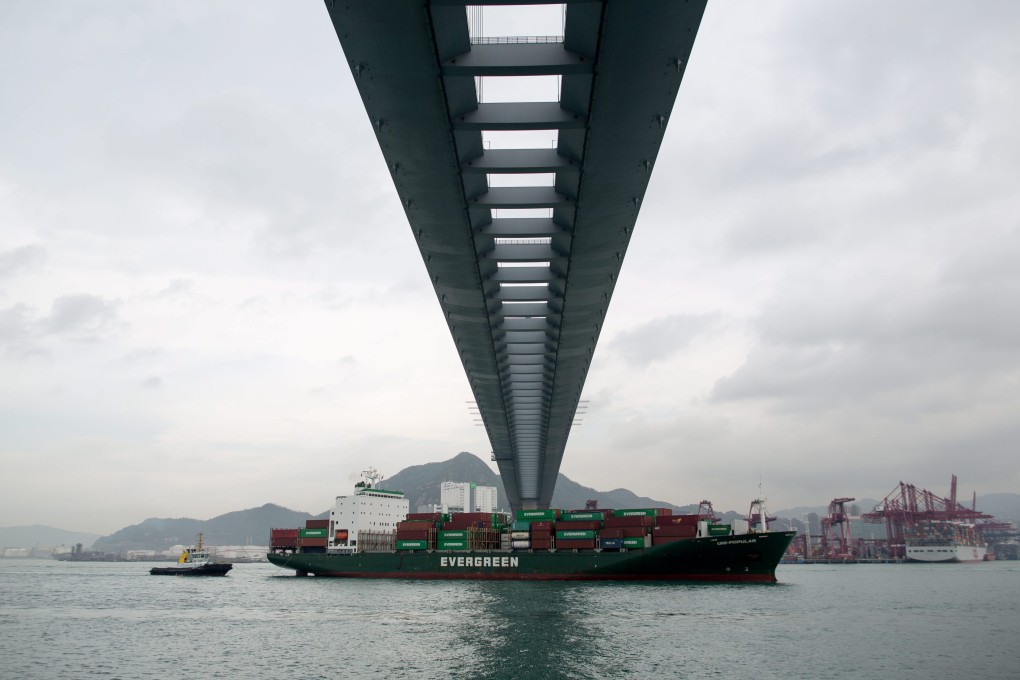Opinion | Eighteen years on, we remain 'one country, two peoples'
Frank Ching revisits Lee Kuan Yew's 1999 views of Hong Kong-mainland ties and finds that, then as now, mutual understanding is lacking

The passing of Lee Kuan Yew triggered an outpouring of tributes, not least from leaders of Taiwan and the mainland. Much has also been said of the relations between Hong Kong and Singapore.
Certainly, Lee paid close attention to Hong Kong. Only two years after the handover, he made his views known of Hong Kong's future. Sixteen years later, it is interesting to see where he may have got things wrong about the former British colony.
In the interview with the Far Eastern Economic Review, Lee said that, for politicians from the Democratic Party to have any future, "you have to love China and love Hong Kong, in that order". This, mind you, was in 1999, before the clamour for full democracy and at a time when China was giving the first chief executive, Tung Chee-hwa, pretty much of a free hand.
In fact, Lee said that Tung had a "no-win job" because he was caught "between the aspirations of the people of Hong Kong" for greater democracy and "the expectations of the leaders in Beijing".
Those words were spoken almost four years before the 500,000-strong march of July 1, 2003, which caused Beijing to step on the brakes where democracy was concerned, and which ushered in a new era of more hands-on mainland rule.
Also in that 1999 interview, Lee said that whatever aspirations people in Hong Kong had, "they have to be subject to the overriding national interests of China". In those early years, Beijing explained that its policy was meant to ensure the stability and prosperity of Hong Kong. Little was said of maintaining the mainland's interests.
